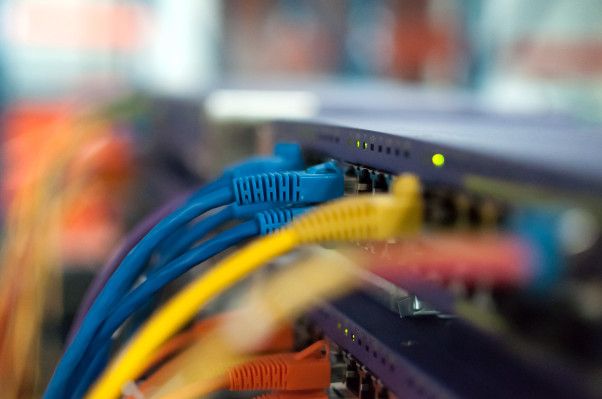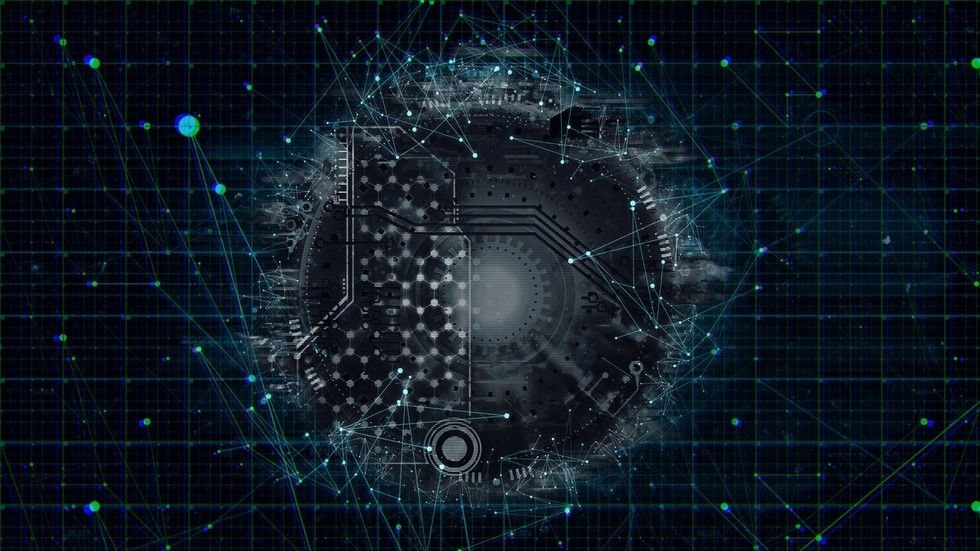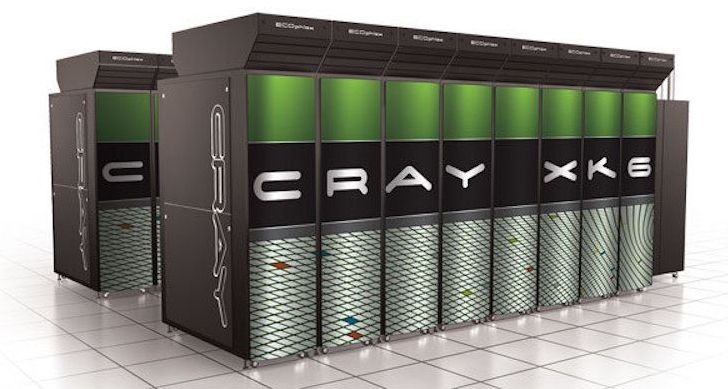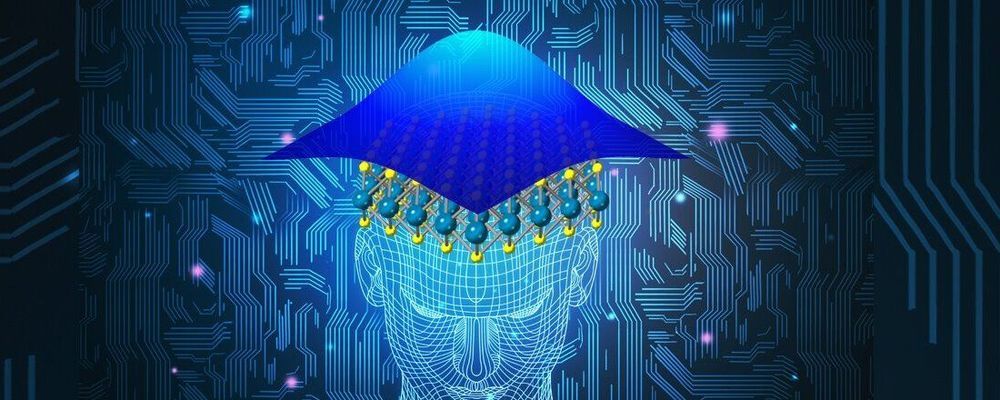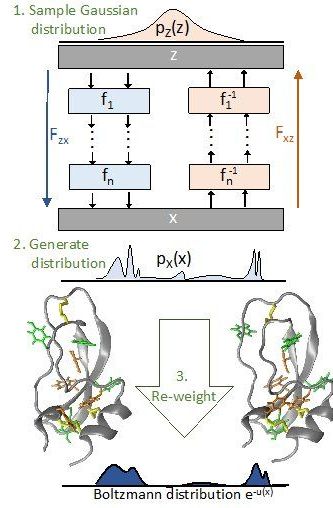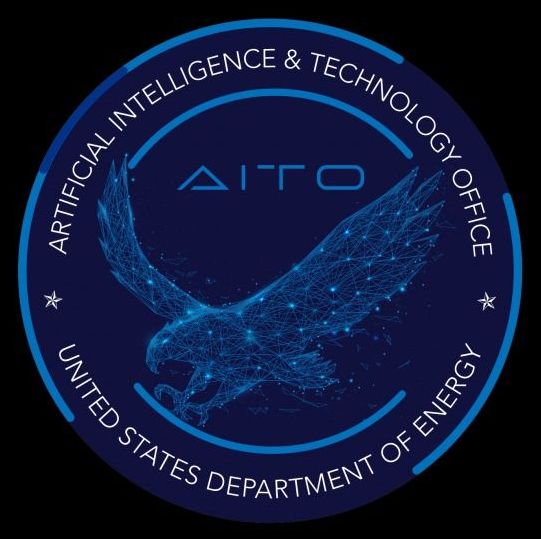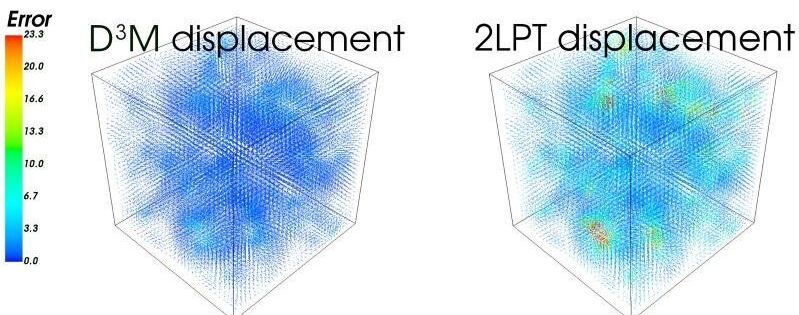Having a slow connection is always frustrating, but just imagine how supercomputers feel. All those cores doing all kinds of processing at lightning speed, but in the end they’re all waiting on an outdated network interface to stay in sync. DARPA doesn’t like it. So DARPA wants to change it — specifically by making a new network interface a hundred times faster.
The problem is this. As DARPA estimates it, processors and memory on a computer or server can in a general sense work at a speed of roughly 1014 bits per second — that’s comfortably into the terabit region — and networking hardware like switches and fiber are capable of about the same.
“The true bottleneck for processor throughput is the network interface used to connect a machine to an external network, such as an Ethernet, therefore severely limiting a processor’s data ingest capability,” explained DARPA’s Jonathan Smith in a news post by the agency about the project. (Emphasis mine.)
